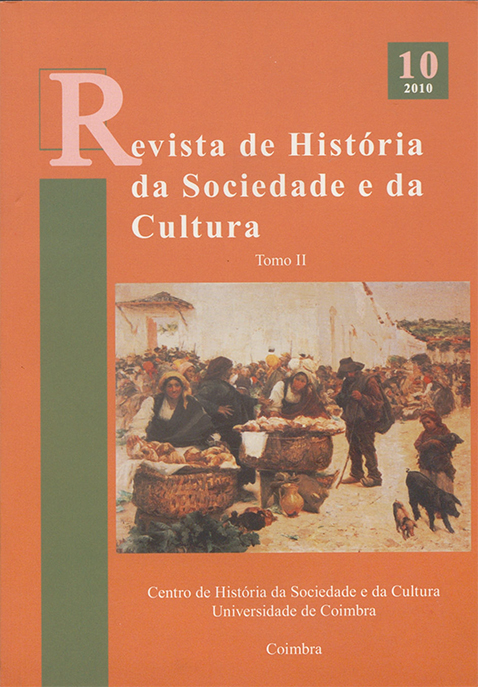A cidadania infantil na Primeira República e a tutoria da infância. A criação da Tutoria de Coimbra e do refúgio anexo
DOI:
https://doi.org/10.14195/1645-2259_10_2_6Keywords:
Social and legal protection, Infant citizenshipAbstract
Under the strong influence of the international debate and with the political support of the Republicans, the Childhood Protection Law (Lei de Protecção à Infância - LPI) of 1911 is a reference ofthe progress of infant citizenship in Portugal. The formation of the Tutoria da Infância and the Federação Nacional dos Amigos e Defensores das Crianças promised the implementation of preventive and prophylactic measures for safeguarding children's rights. However, there was the need for more and diversified investment, particularly to respond to the structural problems of Portuguese society. In large urban centres, children and their families faced growing constraints. In Coimbra, poverty was also inflicted on institutions of children's social welfare. The formation of the Tutoria da Infância and its shelter provided essential support (or was one more institution providing child care in Coimbra).
Downloads
Downloads
Published
Issue
Section
License

This work is licensed under a Creative Commons Attribution 4.0 International License.
Authors retain copyright and grant the journal right of first publication with the work simultaneously licensed under a Creative Commons Attribution License that allows sharing the work with recognition of authorship and initial publication in Antropologia Portuguesa journal.











